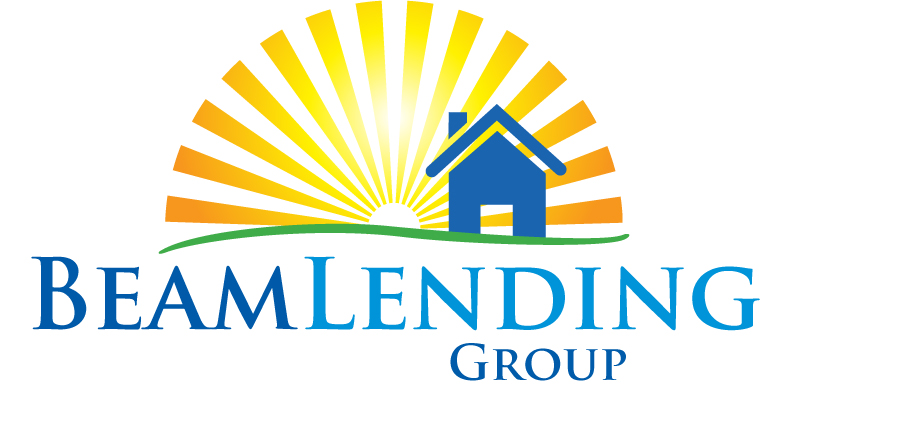Traditionally, mortgage lenders rely on W2s and pay stubs to assess a borrower’s income and determine their eligibility for a mortgage loan. Yet, for self-employed individuals or those with irregular income streams, providing such documentation can be challenging or may not accurately reflect their finances. This is where the bank statement loans are a fantastic alternative.
Rather than relying solely on tax returns or pay stubs, this option allows borrowers to qualify by demonstrating their income through a series of bank statements. These bank statements provide a comprehensive view of the borrower’s financial activity over a specified period, offering lenders insights into their income stability and capacity to manage debt.
For self-employed borrowers, who may not have consistent pay stubs or traditional employment records, the ability to use bank statements as proof of income can be invaluable. By leveraging their bank statements, borrowers can unlock opportunities to purchase a primary or second home or consolidate debt, invest in home improvements, or pursue other financial goals.
Who Are Bank Statement Loans For?
Bank statement loans cater primarily to self-employed individuals and business owners who may face challenges in documenting their income through traditional means such as tax returns or pay stubs. However, they also serve a broader spectrum of individuals with non-traditional income sources, including but not limited to:
Consultants: Individuals providing specialized services on a contract basis, often with varying income streams.
Contract Workers: Those engaged in temporary or project-based work arrangements, whose income may fluctuate.
Independent Contractors: Freelancers or individuals who work independently for various clients or projects, with income patterns that may be irregular.
Sole Proprietors: Owners of small businesses who operate as the sole owners, responsible for managing all aspects of their business, including finances.
Gig Economy Workers: Individuals participating in the gig economy, such as ride-sharing drivers, delivery couriers, or freelance workers in various industries.
Realtors: Real estate professionals who may earn income from commissions, which can vary based on market conditions and sales activity.
Entrepreneurs: Individuals who have launched their own businesses or startups, often experiencing fluctuations in income during the early stages of business development.
Retirees: Those who may have retired from traditional employment but continue to earn income from investments, rental properties, or part-time work.
Bank statement loans offer these individuals an alternative path to accessing mortgage opportunities by allowing them to use their bank statements as proof of income. If you fall into any of these categories and are looking into a loan, contact Marc to discuss your options today!
